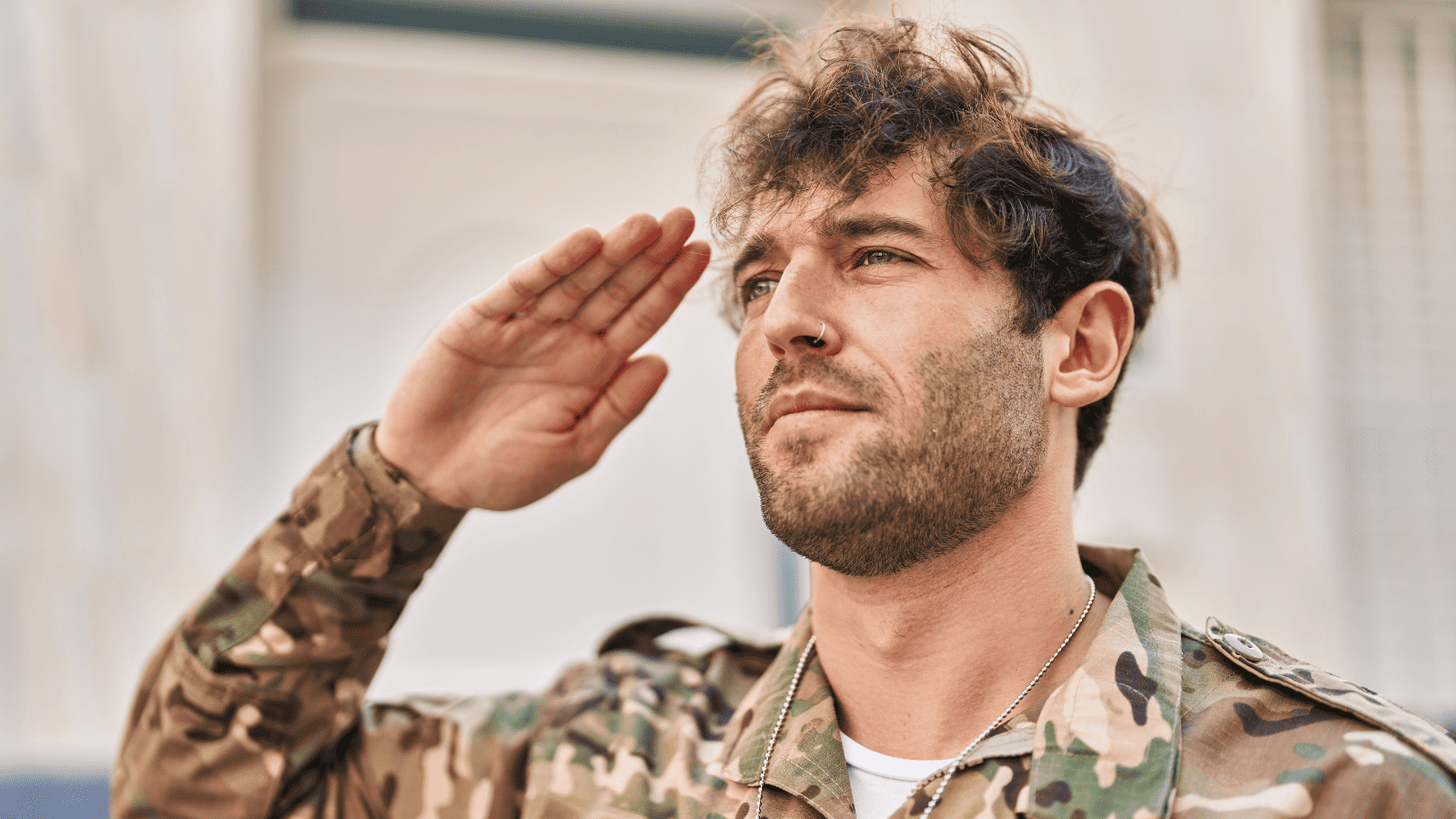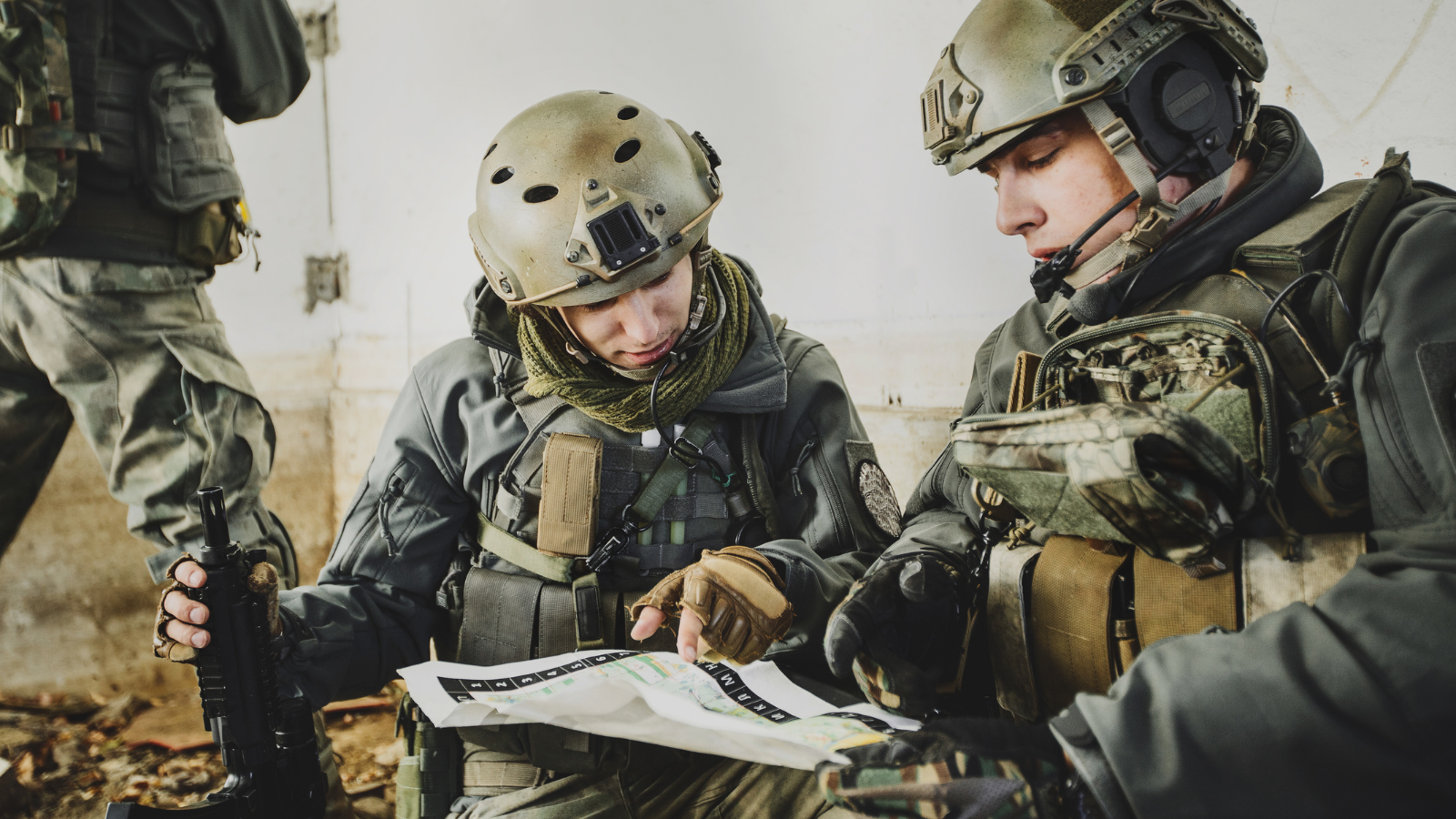A military career develops important skills that can be applied to work and private life, including resilience, accountability, and teamwork. Former personnel often have several telltale habits from their military experiences. Here are 17 tendencies of former military personnel.
Punctuality

Former military personnel have been through the rigorous schedule of military life. This often ingrains a deep sense of punctuality, as tardiness is never tolerated in the military. Former personnel plan their routine meticulously to ensure they are always on time.
Attention to Detail

In a piece for Endurance Works, David B. Glover wrote that ‘the military teaches ‘attention to detail’ very well’ and that the attention to detail exercises he participated in at the U.S. Naval Academy were designed to avoid inattention leading to a “squad mate’s death.” Former military personnel carry this habit into their personal lives, keeping their belongings and living environment impeccable, as they were trained to do.
Respect for Authority

The military has a clear chain of command and shows respect to those in leadership positions. Proper titles and formalities must be used when addressing superiors, and rules must be followed with little room for deviation. Former military personnel often apply this attitude to their work lives.
Teamwork and Reliability

Working as part of a team, with a life-and-death reliance on comrades during times of war and conflict, builds up a strong sense of trust in military units. Working together toward a common goal with a strategic approach builds up teamwork skills in military personnel, which they apply to their civilian lives afterward.
Physical Fitness and Discipline

The Journal of Public Health published an article in May 2021 that found that “soldiers performed more physical activity than the civilian population and that the recommended 10,000 steps per day were slightly exceeded on average.” Former military personnel often maintain their physical fitness through disciplined exercise, a habit from daily military training.
Adaptability and Resourcefulness

Military personnel are required to make rapid decisions and adjustments based on the situation at hand. In fluid combat situations, personnel must often create innovative solutions with limited resources. As a result, former personnel are frequently skilled at adjusting to new environments and conditions.
Strong Work Ethic

The Telegraph reports that a career in the military instills a strong work ethic, with former personnel tending to take this for granted as it’s expected as a minimum standard of behavior. Former personnel often take their strong work ethic into their personal and work lives, pushing through adversity and striving to exceed minimum requirements.
Effective Communication

Alex Yates, a former logistics officer, told The Telegraph, “I have worked with so many veterans in the workplace, and I have never met one who isn’t reliable, hardworking and an exceptionally good communicator.” Communicating clearly and concisely while actively listening in the military gives former personnel excellent communication skills.
Respect for Equipment and Resources

Military life calls for regular care and maintenance of personal and work-related equipment. Former military personnel often maximize efficiency when using resources in their civilian lives and prefer durable and reliable equipment.
Leadership Qualities

FDM reports that military personnel are given “leadership opportunities from the very onset of their career—even at the lowest rank.” Taking charge in diverse and dynamic group situations and drawing from leadership training “helps individuals develop various leadership qualities such as adaptability, decisiveness, and the capacity to lead by example.”
Stress Management

Handling stress with composure is essential in the military, where service members often face high-stress situations. Former military personnel often bounce back from difficult situations without losing focus, employing effective techniques to decompress learned from their military experiences.
Decisiveness

Military personnel approach challenges with a solution-oriented mindset, making quick and firm decisions in combat and crises. Accepting the consequences of decisions and moving forward without excessive introspection is necessary for fluid combat situations, so former personnel often weigh their options swiftly and choose the most effective course of action.
Situational Awareness

Situational awareness is an understanding of your surroundings and how they change with respect to time and other factors. According to the National Academies Press, situational awareness in the military “includes not only perceiving or attending to information, but also the integration of multiple pieces of information and determination of their relevances to one’s goals, as well as the ability to forecast future situation dynamics providing for timely and effective decision making.” Former personnel are often assessing risk subconsciously in their civilian lives.
Formal Dress and Appearance

Maintaining a well-groomed appearance is a military standard, with clothing and accessories reflecting that sense of order and neatness. Former personnel often choose civilian clothes with a ‘uniform’ look, keeping the sense of order and utility of military clothing.
Tactical Planning

Military personnel approach problems with a strategic framework, considering multiple angles and outcomes. Planning ahead, with detailed plans and backup strategies, is essential. Former personnel often implement precise plans in their work and personal lives.
Respect for Tradition and Ceremony

The formal ceremonies and traditions of the military and the historical context of practices and symbols lead former military personnel to place great importance on tradition and ceremony, with respect for political and cultural tradition.
Global Perspective

Serving in the military often sees personnel deployed to military bases worldwide, where they are exposed to varied cultures and environments. This leads to adaptability to other countries’ different social norms and practices. Former personnel often have a broad understanding of global issues and language learning skills.
